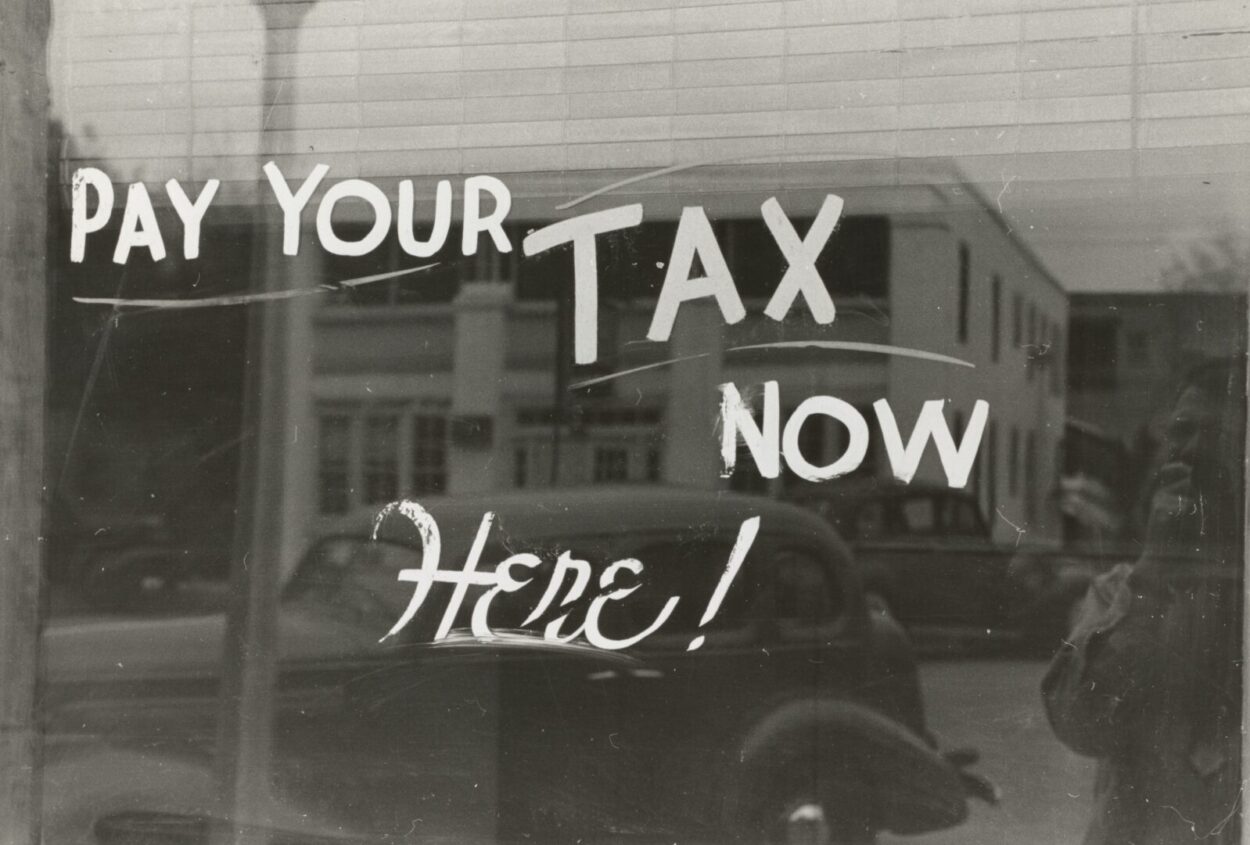Jasmine Birtles
Your money-making expert. Financial journalist, TV and radio personality.


Part of the Government’s financial support package during the coronavirus involves grants to local authorities and some charities. These grants are for those who have slipped through the gaps in other Government support schemes – or who are extremely vulnerable and need additional help.
Here are some examples of the local authority schemes currently available – and tips on when to get in touch with your council for help. Working on a local level means you may be able to access support more quickly than going through top-level Government organisations, too.
One of the first financial support announcements made by Rishi Sunak, the Chancellor, was extra funding to all local authorities. On 11th March 2020, he announced a £500m Hardship Fund to be distributed across the UK’s local councils.
This funding is handled at the discretion of each local authority. It took several weeks for it to be distributed and for councils to set up their handling processes and new schemes – but we’re now seeing the results.
From supporting businesses that fall through the gaps of the Government support schemes (such as the newly self-employed) to offering additional rent payments to those on benefits, these funds will help people in a crisis.
For example, the Universal Credit phone line has been inundated lately. The DWP are doing their absolute best to get through every application – but the delays mean some people are left without money for food or rent.
Many of the hardship fund schemes are aimed at businesses – but don’t let that put you off. There is funding out there for those who have been made redundant and are struggling to meet rent, bills, and food payments, too.
Applying to your local council for help could mean you get a vital financial bridge until your benefit payment starts. It might not always be direct financial support, either. The fund also covers things like extra social care for the vulnerable, and the organisation of volunteer groups for those wanting to help isolated neighbours.
Each council is responsible for its own scheme and processes. The best thing to do, if you need help now, is to find your local council’s website for more information.

It’s the new tax year – and that means it’s time for new Council Tax bills. You’ll already have received your Council Tax bill in the last few weeks – but you might not need to pay the full amount.
If you receive some Council Tax benefit, or you’re suddenly on a low income, many local authorities are offering automatic Council Tax relief. If you qualify, you’ll receive a letter soon about your adjusted bill. The Government expects all councils to reduce any bill below £150 a year to nil, while it is expected others will receive the same or a similar amount discounted from their bill if your annual Council Tax is higher than £150.
If you can’t make your payments until then, talk to your local authority. They should be able to let you reduce or defer your payments at the very least, until your proof of low income (such as Universal Credit) has been considered.
Remember, too, that Council Tax bills are automatically set for payments across ten months. If you pay by Direct Debit, and don’t have outstanding Council Tax arrears, you can request to split the payments over twelve months instead. This helps spread the cost and reduce each monthly payment.
Local authorities have a fund for Discretionary Housing Payments. This is available to anyone receiving the housing component of Universal Credit or Housing Benefit.
Often, the Local Housing Allowance Rate isn’t enough to cover the full rent payable each month. The Discretionary Housing Payment tops up your benefit to cover the rest of your rent.
This fund isn’t automatically provided to people who are eligible. You need to apply to the fund to receive the additional support. Check your local authority’s website to find out how to apply.
If your children are normally entitled to free school meals, you can receive £15 in shopping vouchers weekly for each child in your home.
Some schools are choosing to offer meals for collection or delivery instead of the voucher scheme. Most schools, however, are offering the vouchers. They can send you an e-voucher by email or give you a pre-loaded gift card if you don’t have internet access.
The vouchers are valid in Tesco, Asda, Waitrose, M&S, Morrisons, and Sainsbury’s. If you haven’t heard from your school about the voucher scheme yet – but usually get free school meals – get in touch with them. The scheme will also run over the Easter holidays.
Councils across the UK are offering their own business support schemes and individual crisis funds that could help you out of a tight financial spot.
The Chancellor’s Self-Employed Income Support Scheme is great – IF you qualify for it. There are many sole traders and freelancers who started their business in the 2019/20 tax year. They’re not eligible – nor are those who are directors of their own Ltd company.
York City Council is offering £1000 micro grants to local residents who don’t qualify for the SEISS scheme or other Government support like business rates relief. It’s open to the first 1000 applicants.
It has also teamed up with the FSB to offer free memberships to 500 local traders to help them with legal and HR issues, as well as local networking to help keep their business running into the future.
If you run your own business and think you’ve fallen through the gaps in the financial safety net offered by the Government, look at your local council’s website. Most are offering similar schemes that allow you to access some funding to help you continue running your business.
Another example of how individual local authorities are offering unique schemes to support residents is the London Borough of Barnet Mayor’s Benevolent Fund. This fund existed prior to the crisis, but is a good example of hardship services your council may run.
The Fund is for residents of Barnet for things such as replacing household goods, new baby essentials, and relieving severe financial crisis.
You can find out more about the Mayor’s Benevolent Fund here. If you’re not a resident of Barnet, check your local authority’s website for similar crisis funds or schemes that could help you.

As well as local authorities, local and national charities will also receive extra funding from the Government. This is so that they can help support more people in this time of crisis – especially as donations have plummeted because so many people are suddenly out of work.
A huge £750 million of funding for the charity sector was announced by the Government on 8th April 2020. Over half of the fund is for small local charities. Operators like the National Lottery Communities Fund in England and the Barnett formula in Wales, Scotland, and Northern Ireland distribute the funds.
Much of the remainder will go to hospices, the Citizens Advice Bureau, and St Johns’ Ambulance to help them maintain essential support services at this time of crisis.
If you’re struggling to get help from your local authority, or need additional services such as shelter from domestic abuse or help for a vulnerable relative, your local charity network may be able to help.
Charities work on limited budgets – but they’re there to help people in dire straits. If they can’t help you, they’ll signpost you to other organisations who may be able to support you, too.
Check online to find out if your local or national charity is offering a coronavirus support fund or services that may be of use to you.
Charities are often under huge pressure to provide services on a tight budget. However, some have created special coronavirus funds or new grant finder websites to help you access financial support.
The Arts Council has launched a coronavirus fund for freelancers working in the arts affected by the virus. This covers actors, writers, artists, musicians, dancers, and production staff, too.
The £20 million fund is for individuals, self-employed, and arts groups in need of funding.
You can find out more and apply here.
For creative practitioners in Scotland, you can apply for funding from a range of grants and bursaries from Creative Scotland here.
Remember to check out our article for ways creatives can make extra cash during the coronavirus crisis, too.
Turn2Us have updated their benefits calculator to reflect recent changes to benefit eligibility and rates, both from the 2020 Budget and more recent coronavirus support announcements. Use this tool to find out if you’re eligible for support.
They have also announced a COVID-19 emergency fund for those in severe financial need. A one-off crisis grant of £500 could help you cover your bills while you wait for benefit payments. Find out how to apply here.
For women aged 18-30 in financial crisis, the Young Woman’s Trust Emergency Fund helps those in the greatest need. You can’t apply for this fund yourself. This is to make sure the money goes to those most in need. You need to be referred by either Women’s Aid, Women’s Resource Centre, or Women for Refugee Women.
Young entrepreneurs aged 18-30 who don’t qualify for the SEISS scheme can apply for help from the Prince’s Trust Enterprise Relief Fund.
Grants are offered on a case-by-case basis and can cover things like unpaid invoices and essential equipment for business continuity.
You need to have set up your business in the last four years to qualify. If you set up your business in the last four years with the help of the Prince’s Trust, but are now over 30 years old, you can also apply.

Financial support isn’t the only way you can receive help in this time of crisis. Volunteer groups across local communities lend a helping hand to those in need.
This could be getting help with grocery shopping, or having someone call you for a chat so you don’t feel lonely.
You may also find that local networks such as NextDoor or local Facebook groups will offer support, too. Some, for example, will tell you about local restaurants delivering cooked meals to the vulnerable for free. Or, if you need household goods, you can ask if anyone has a second-hand item they’re willing to lend, give, or sell to you.
FreeCycle has suspended its usual activities of offering free stuff, too. Instead, only essential goods or services can be offered. So, if you’re in extreme financial hardship, it’s worth joining groups like these to find out who can help.
The amount of community support available right now is astounding – so it’s definitely worth asking your neighbours if they can help you with essentials, services, or sourcing second-hand items you need.

Some great info here.
thank you Tom 🙂
Very useful information.